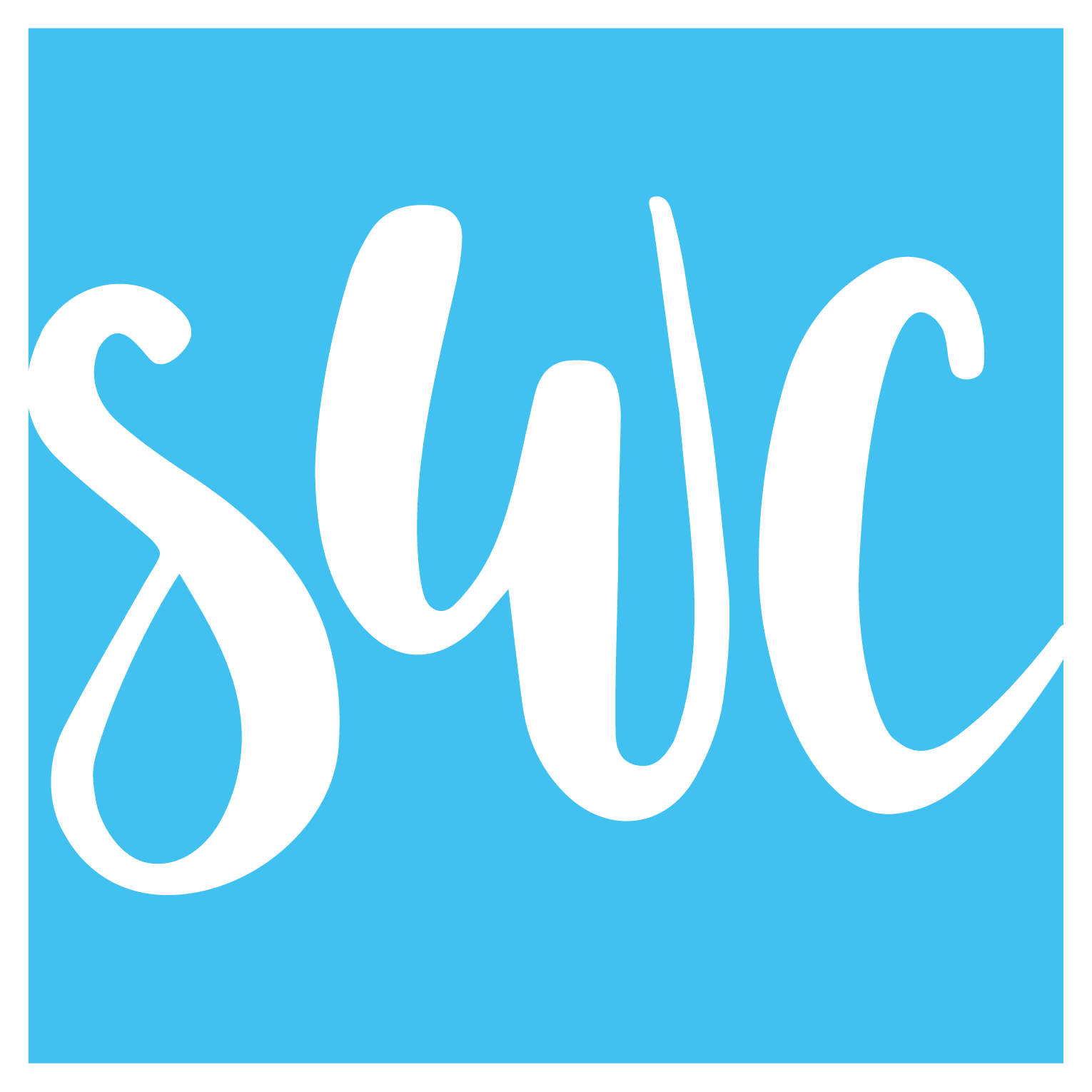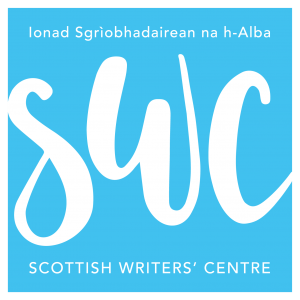A couple of weeks ago, we were very sad to cancel Laura Fyfe’s event on Wellspring writing – the event has now been rescheduled to 28th of August but, in the meantime, we have an interview with Laura to enjoy! SWC’s Literary Editor Rachel Walker talked to Laura about Wellspring writing and how it has influenced her own writing. We hope it’ll whet your appetite for August!

First things first, can you tell us a bit about Wellspring writing?
Wellspring writing is all about learning how to spark your creativity. I developed it as a way of boosting writers’ confidence in the Figment workshops. We use fast, free-flow writing in response to prompts in order to generate new ideas, uncover forgotten memories and explore our feelings. It’s a simple but brilliant and effective way of creating new poetry or stories, or exploring larger works such as novels or scripts.
Are there any writers that you feel have had a direct (or indirect) influence upon your work?
Definitely. There are some brilliant books out there about writing. Ray Bradbury, Stephen King and Natalie Goldberg’s (Zen in the Art of Writing, On Writing and Writing Down the Bones) are excellent, with a great deal of good advice mixed in with reflections, philosophising and autobiographical anecdotes. Wellspring, however, as a pocket-book, is much more concise. I wanted to give my readers the essentials of how to write, without any padding, so that reading the book doesn’t become a way of procrastinating. I want writers to write, not read about writing.
Julia Cameron’s The Artist’s Way also has great advice and plenty of writing exercises. Her stream-of-consciousness writing every morning is a good idea for uncovering the reasons our creativity might be blocked. But for me it became repetitive, time-consuming and didn’t help me get on with what I really wanted to write. Using Wellspring-style prompts and writing quickly and freely for a short space of time provides much more exciting results!
Do you have any advice for any writers who are just starting out?
First of all, have fun! This might seem obvious, after all why wouldn’t writers write if it weren’t fun? As a writer develops their process, they realise that while of course writing can be enjoyable – when weird and wonderful ideas appear from nowhere – writing can also be blimmin’ tough. You need a great deal of discipline in order to stick with it. So it’s useful to keep in touch with what you enjoy about writing in order to keep your motivation going. That’s where Wellspring writing comes in.
Successful writers usually find some kind of an equilibrium with their process. If you simply wait for inspiration to happen before you write anything, then you may not find you are as prolific in your writing as you perhaps need to be in order to achieve the successes you want. Too much discipline and you’ll not enjoy your writing time and your work will become that – work – rather than art, uninspired and dull. You’d not want to keep up with your writing anyway. What would be the point?!
We need to turn up to the page regularly to keep our flow of ideas fresh and our imaginations limber, but we should also hold on to our playfulness and passions.



